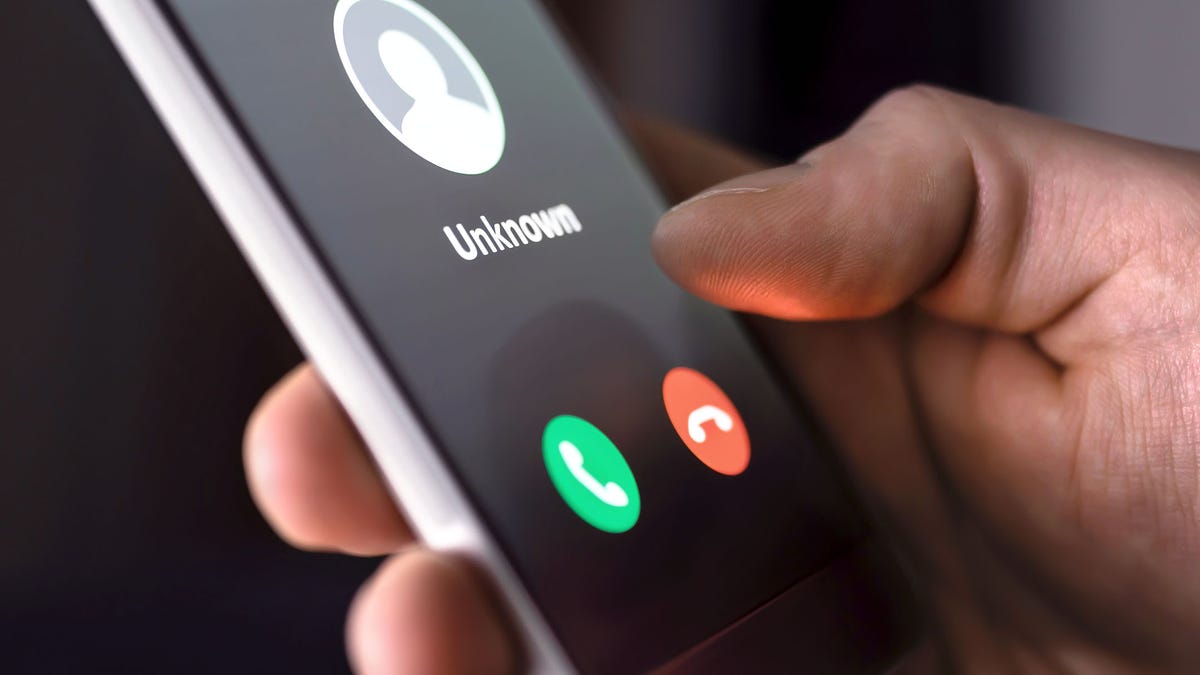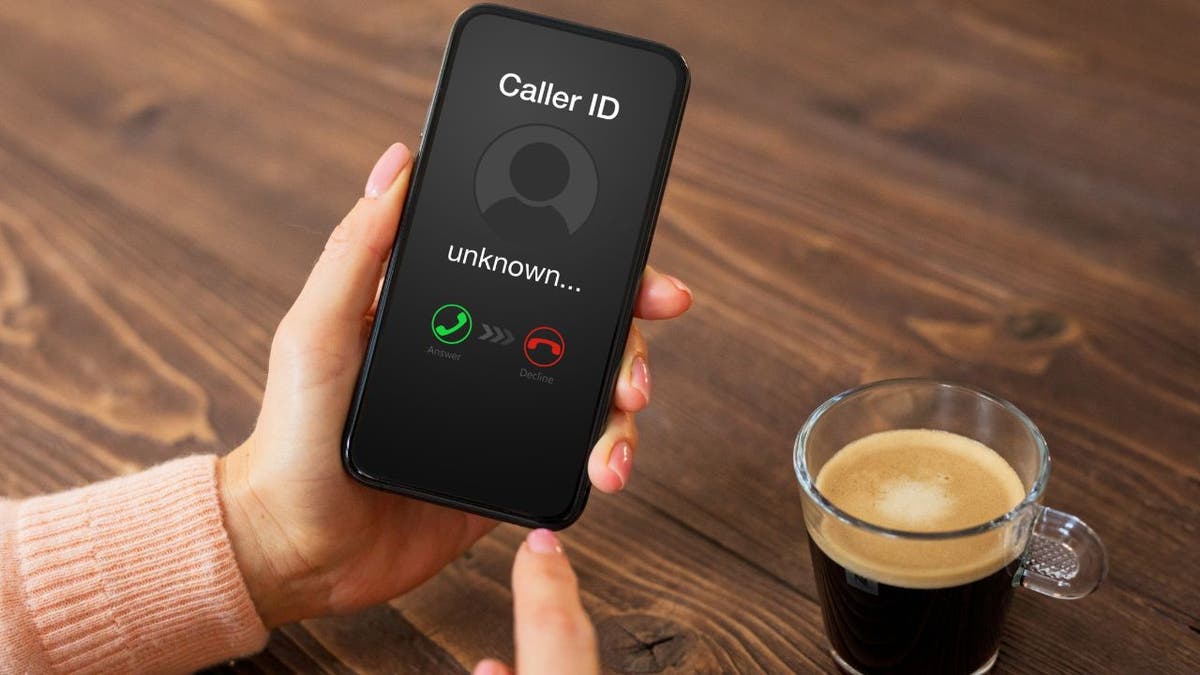Fox News Flash top headlines for March 6
Fox News Flash top headlines are here. Check out what's clicking on Foxnews.com.
Robocall scammers and spammers got hyper-aggressive with election calls, a new report says.
In 2020, fraudsters targeting the U.S. presidential election launched scams and misinformation campaigns, Transaction Network Services (TNS) said in its most recent Robocall Investigation Report.
Americans were inundated with 8.25 million robocalls on Election Day alone, according to the report.
In compiling the report, TNS analyzed 1 billion daily call events across hundreds of carriers. The report also used consumer feedback from over 250 million mobile devices across more than 550 makes and models.

Robocall scammers and spammers got hyper-aggressive with election calls, a new report says. (iStock)
YOUNGEST, OLDEST ARE MOST VULNERABLE TO SCAMS: REPORT
In the runup to the presidential election, the early primary states – led by Iowa, New Hampshire, Nevada and South Carolina – saw a surge in robocalls compared to a typical week and almost every state saw a rise in robocall activity ranging from nearly 150% to over 600%, TNS said.
For the general election, Montana, North Carolina, Maine and Iowa saw an increase of between 200-700% in robocalls compared to their primaries. Wisconsin saw a massive 2,300% increase and averaged over 1.2 million calls per week leading up to the November election.
And ahead of the Georgia Senate run-off, those with Georgia telephone numbers saw a 300% increase in political calls compared to the presidential election.
CHINESE HACKERS USED NSA CODE TO ATTACK AMERICAN TARGETS
"The call volume just in Atlanta Metro saw a 50X explosion in the number of political calls compared to the rural areas of Georgia on a per population basis," TNS said.
Another important statistic: In 2020, 54% of respondents to a TNS survey believed robocalls and robotexts were weaponized to try to undermine confidence in the 2020 presidential election.
Political scam calls, which attempt to steal sensitive personal information, took three forms, the report said.
Voter Registration scam: In a voter registration email phishing attack, scammers claim, for instance, that you are not registered and then try to get you to register with them over the phone.
Cash Donation scam: Fraudsters impersonate or spoof legitimate political campaigns to get your credit card information.
Surveys and prize scams: Scammers say you’ll get a prize after completing a survey, then ask for your credit card number.

In 2020, fraudsters targeting the U.S. presidential election launched scams and misinformation campaigns, Transaction Network Services said in its most recent Robocall Investigation Report. (iStock)
CLICK HERE TO GET THE FOX NEWS APP
Ironically, if calls were branded, there would be a better response rate, TNS said. More than 40% of respondents said they would be more likely to answer a political robocall if their caller ID showed the name of a political party, candidate, or organization instead of just an unknown phone number, according to the report.
One positive trend is that Americans are increasingly suspicious of robocalls and robotexts. Only 24% engaged with a robocall or robotext, TNS said.
And public policy is also working against robocallers.
Following the rules adopted by the Federal Communications Commission in November 2017 – allowing providers to block calls from numbers on a Do-Not-Originate list and those that originate from invalid, unallocated or unused numbers – the FCC issued a declaratory ruling in June 2019.
In the 2019 ruling, the FCC authorized voice providers to offer consumers programs that block unwanted calls using call-blocking programs on an opt-out basis.









































